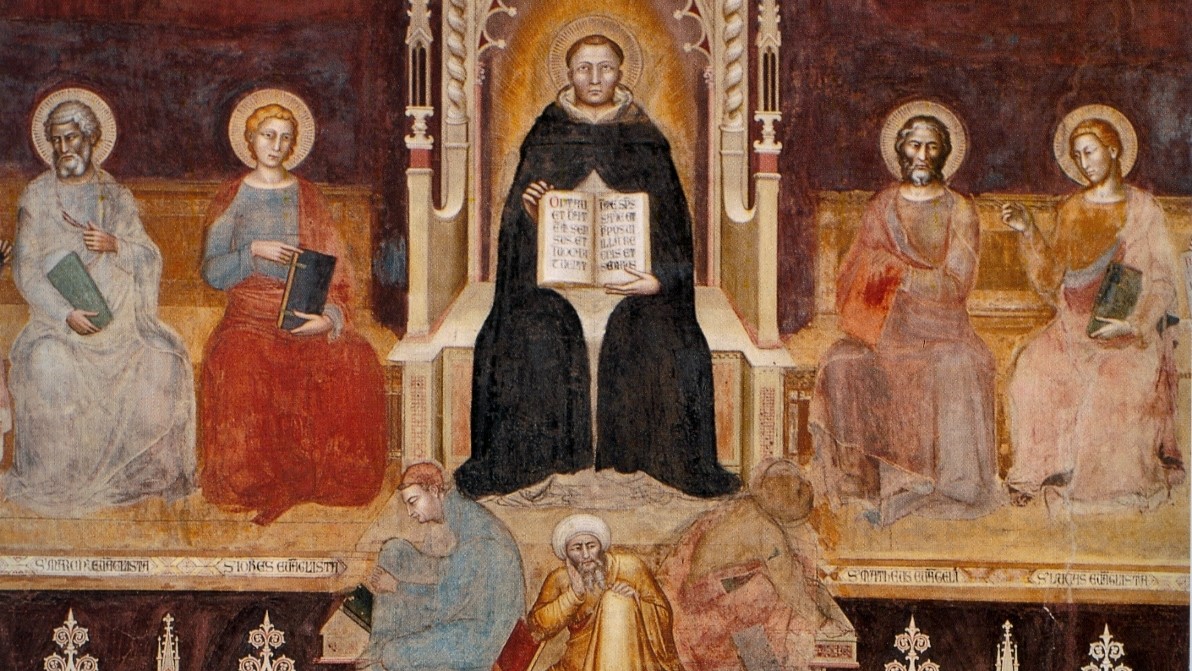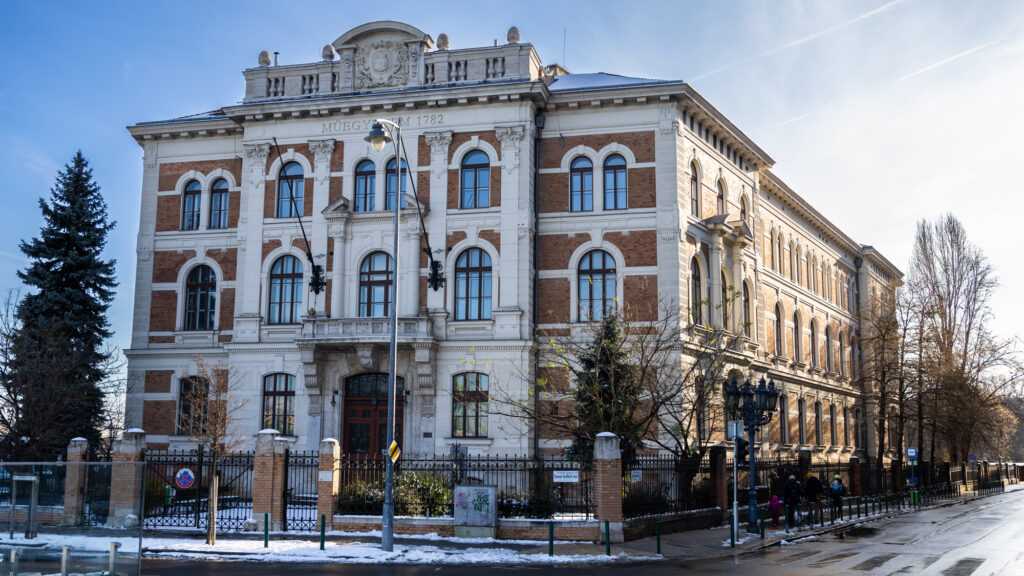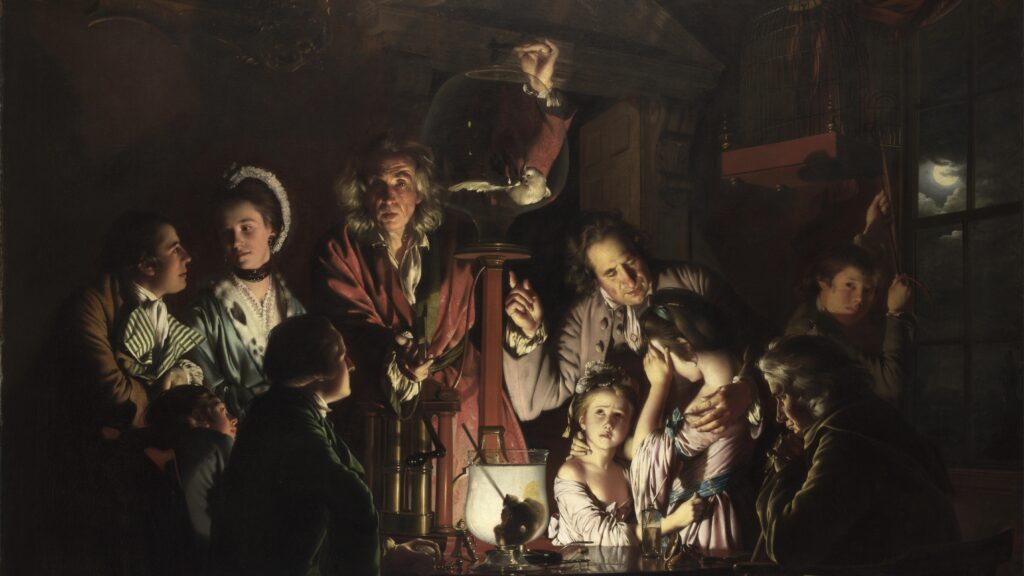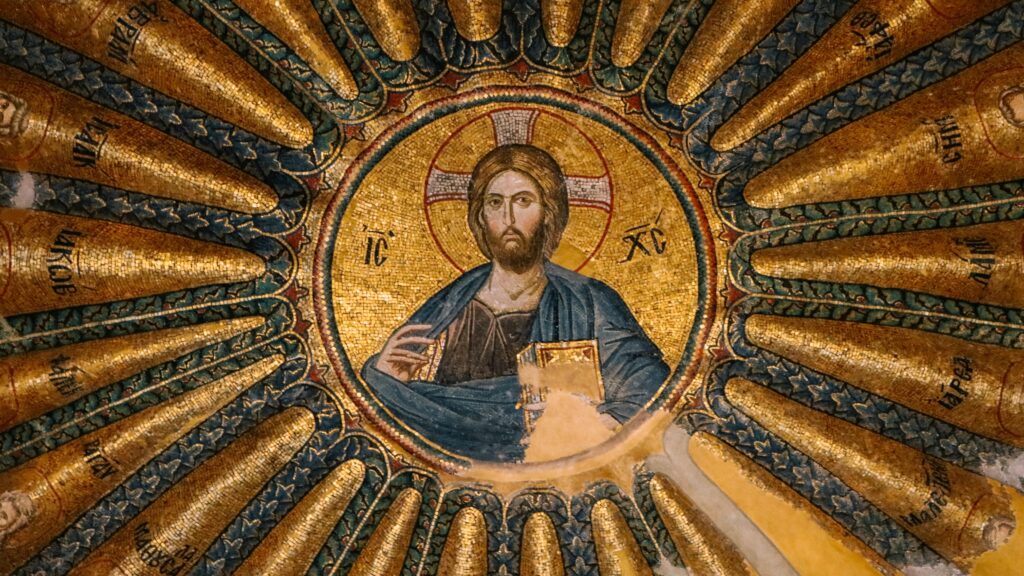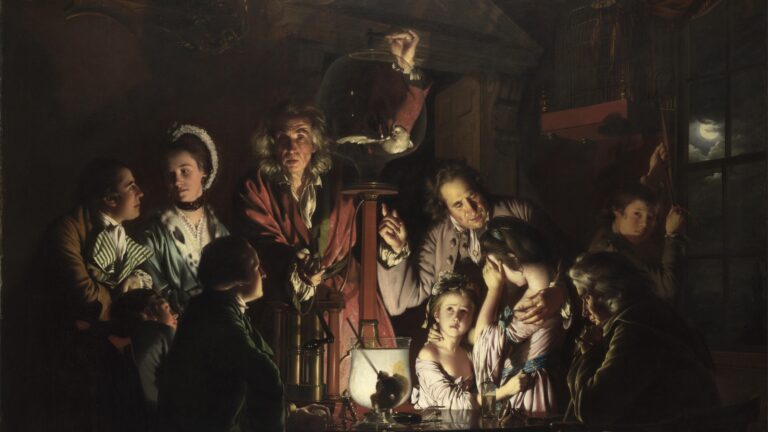The article is a product of the project titled Conservative Case in Education, supported by the Mathias Corvinus Collegium Learning Institute.
When we try to (re)discover the long-standing roots of classical education, we must recognize the ideas of intellectuals from different religious traditions. Ecclesial schools and pedagogical principles reflect the refined practices of centuries of experience. What does a 20th-century Hungarian Catholic philosopher priest teach us? What is the role of the state in education, and what is the place of churches and religious communities?
Pál Kecskés, a Catholic priest, university professor, and philosopher, is a figure of immense significance in the history of Hungarian thought, yet his work is often overlooked. Conservative contemporary Hungarian philosopher András Lánczi once remarked: ‘In Hungary, Pál Kecskés has had a broader implicit influence on students than György Lukács.[1] In 2023 Ádám Darabos published a compelling introductory study in English on the thinking of Kecskés on society and politics, but a comprehensive reception of his work is still eagerly anticipated. This short paper aims to contribute to the growing interest in Kecskés.
Pál Kecskés was born in Budapest in 1895.[2] After graduating, he studied in Esztergom and Vienna and was ordained a priest in 1917. In 1926 the legendary Primate of Hungary, Cardinal Jusztinián Serédi, appointed him as the archbishop’s secretary and librarian.[3] He was appointed to the university chair in 1928, from which he retired as Head of the Philosophy Department after 40 years of uninterrupted service. During his university career, he also served as Dean of the Faculty of Theology at the University of Budapest for two academic years (1938–39 and 1943–1944), during the most difficult hours of its history. As it was said at his retirement: ‘Professor Kecskés will always remain the same; a faithful, humble, hard-working servant of the vocation which the university faculty represents.’[4]
Pál Kecskés was an academic, not an education specialist or educational theorist. His work focused on theology and philosophy. The sentence from Professor Lánczi quoted above can be understood if we know that Kecskés’ most significant work is his nearly 600-page book on the history of philosophy, The History of Philosophy in its Main Features, intended for university students, which was appreciated by the eminent Hungarian philosopher of the time, Béla Brandenstein, as such: ‘Kecskés’ great achievement is an important enrichment of our academic literature, meeting an important need.’[5] His book is ‘imbued with a teacher’s and educator’s perspective’ and has provided a trustworthy introduction to the history of philosophy for generations.[6]
Among his many works, his study on natural law is also noteworthy, in which he reviews the different traditions of natural law and seeks to draw attention to the universal meaning of natural law.[7] And his broad vision and historical wisdom are demonstrated in his 1934 essay ‘Race and Religion’, published well ahead of his time, in which he offers a trenchant critique of Nazi Germany’s racial religion, pointing out that ‘a religion in which man takes the place of God has already lost its value before common sense.’[8]
‘Love and justice are ultimately interdependent, and their cooperation is essential to ensure the harmony of social life.’
Kecskés’ thinking was influenced by Neo-Thomism, which emerged from Pope Leo XIII’s 1879 encyclical Aeterni Patris. Neo-Thomism was not just an attempt to revive something old and outdated, but, through the ideas of St Thomas Aquinas, to provide answers to the new problems of a new age. When we try to describe Kecskés’ thought, we cannot ignore the fact that his work aimed at an up-to-date development of neo-Thomistic philosophy,[9] an enterprise closely linked to Kecskés’ conviction that neo-Thomism represented the philosophia perrennis, the idea of a philosophy of eternal validity, among the modern philosophical trends. Hence, although neo-Thomism had a significant influence on his thinking, it did not limit him to the confines of a narrow school of philosophy; rather, he was bold and confident in his knowledge and use of the rich tradition of philosophy.
His thoughts on education and pedagogy can be found in his work The Principles of Christian Social Theory, published in 1933, which, in addition to neo-Thomism, reveals the influence of the social encyclicals of the great popes of the 19th and 20th centuries (Leo XIII, Pius XI). In this work, Kecskés sets out to present a vision of society based on the tradition of St Thomas in classical Christian philosophy and thus to provide answers to the social problems of the age. At the heart of this is the idea of social justice as a natural law requirement for the members of society. Social justice, however, in Kecskés’ conception, cannot exist without social love: ‘Love and justice are ultimately interdependent, and their cooperation is essential to ensure the harmony of social life.’[10]
He formulates his educational ideal in the context of a general analysis of society and its development. Kecskés’ starting point is that education develops man into a cultural being. Education will always be a social phenomenon because just as a child can attain cultural goods with the help of people who already have experience and knowledge, an adult also needs social inspiration and a social environment for his continuous further education. Education, therefore, always presupposes a social relationship in which we can distinguish between educator and educated. According to Kecskés, education enables a person to become a member of society’s cultural community and benefit from society’s cultural goods. Since it is in the community’s interest that developing individuals should be able to fit into society, society seeks to institutionalize education.
The prevailing ideas and power relations in society influence the resulting unified education system. Hence, as Kecskés points out, ‘the evolution of the perception of the relationship between the individual and society also shapes education.’[11] Kecskés demonstrates this claim by highlighting the historical dimension of education. He points out that while Greco–Roman education was collective, education aimed primarily to prepare the individual for the state; in the Christian Middle Ages, a different concept of education followed from a different conception of society, which aimed to unite the individual and the social principle.
‘The idea of humanity can only be fulfilled by a system which helps to develop both individual abilities and social inclinations’
Kecskés emphasizes that true education must always recognize the dual nature of the human person as both an individual and a member of society: ‘The idea of humanity can only be fulfilled by a system which helps to develop both individual abilities and social inclinations. Only such an education can ensure a true social culture, based on the principle of a richly differentiated division of functions, of the cooperation of individually differentiated members.’[12] This statement also partly reflects his concern about the over-extension of the state.
Kecskés’ work was published in 1933, so it is easy to think at first sight that the need to reduce the role of the state to a minimum is a contemporary critical reflection on the state’s dominance in Europe at this time. This might be partly true, but Kecskés’ approach is rooted in Christian social theory. In 1931 Pope Pius XI published his encyclical Quadragesimo Anno, in which he described the principle of subsidiarity as a ‘firm and eternal principle of social theory’.[13] According to the principle of subsidiarity, in a well-ordered society, what an individual or a lower-level community can accomplish through its own efforts should not be taken out of its competence and delegated to a higher authority.
In view of this, it is not surprising that Kecskés is against the state’s monopoly on education, as this would be going beyond the limits of the state.[14] In his view, the state has only an indirect role in education, and this is due to the necessity that citizens must have a certain level of education to achieve the state’s goals. Kecskés considers it legitimate for the state to impose the obligation of education to achieve this objective, as it serves the common good; however, education can never be a state monopoly or an exclusive right of the state.[15]
In contrast to the over-extension of the state, the task of education, according to Kecskés, is primarily the task of those communities which ‘contribute to the natural and transcendent origin of man and which are called to care for, guide and spiritually form the developing human being, namely the family and the Church.’[16] Nevertheless, Kecskés emphasizes the importance of cooperation between Church and State on shared issues, such as education, in order to increasingly promote the common good.
‘Education can never be a state monopoly or an exclusive right of the state’
From this brief overview, it is clear that the ideas of Pál Kecskés on education and pedagogy are fundamentally rooted in Christian social theory, which seeks to envision an ideal society from a Christian perspective. His reflections remain relevant today, in a time when individuals—isolated by the uniformity of globalism and the curated realities of social media—have perhaps never had a greater need to understand education and formation as inherently social processes. These processes must acknowledge the unique position of the human being as both an individual and a social creature. Such insight requires a broad philosophical wisdom—of which Pál Kecskés was one of the most distinguished Hungarian representatives.
[1] Lánczi András, ‘Kecskés Pál: A bölcselet története főbb vonásaiban’, Kommentár, 2011/1, 37–38.
[2] For his short biography see in Hungarian: Darabos Ádám & Jancsó András, ‘Kecskés Pál (1895–1976)’, Kommentár, 2024/2, p. 12.
[3] Viczián János, ‘Kecskés Pál’, In: Diós István & Viczián János (eds.): Magyar Katolikus Lexikon, Budapest, Szent István Társulat, 2001, p. 424.
[4] Zemplén György, ‘Kecskés Pál professzor köszöntése’, Teológia: Hittudományi folyóirat, 1968/4, 259–260.
[5] Brandenstein Béla, ‘Kecskés Pál: A bölcselet története főbb vonásaiban’, Katolikus Szemle, 1934/2, 125–126.
[6] Lánczi, 2011, p. 37.
[7] Kecskés Pál, ‘Természetjog’, Magyar Szemle, 1940/5, 321–329.
[8] Kecskés Pál, ‘Faj és vallás’, Teológia – Hittudomány folyóirat, 1934/4, 333–342.
[9] Fila Béla, ‘In memoriam Kecskés Pál’, In: Kecskés Pál: A bölcselet története, Budapest, Szent István Társulat, 1981, 7–24.
[10] Darabos, 2023, p. 180.
[11] Kecskés Pál, A keresztény társadalomelmélet alapelvei, Budapest, Szent István Társulat, 1933, p. 155.
[12] Ibid.
[13] Pope Pius XI, Quadragesimo anno, 1931.
[14] Kecskés, 1933, p. 198.
[15] Ibid, p. 326.
[16] Ibid.
Related articles:

